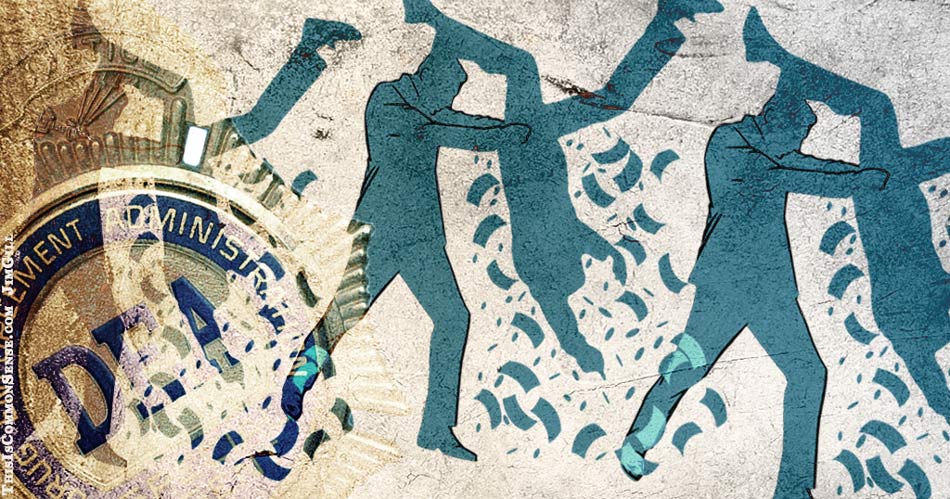Civil asset forfeiture is stealing. So, why is it still happening?
Police seize boats, cars, houses and cash that they allege were used in the commission of a crime or were proceeds from the crime. Sometimes they simply take cash found on a motorist in a normal traffic stop, claiming it’s “drug money.”
Tragically, only 13 percent of forfeiture is criminal, i.e. involving a conviction. The rest is civil, wherein the person hasn’t been convicted of anything. Often not even charged.
When officials confiscate property without due process of law, it’s theft. The legal rationale government uses to snatch our stuff via civil forfeiture is a sick joke. Our property can be deemed “guilty” without enjoying our presumption of innocence. Instead, we have to go to court to prove our stuff is innocent.
Often officials negotiate a large cut, because hiring an attorney to get one’s money back might well cost more than the money itself.
The good news? People are becoming aware of civil asset forfeiture and overwhelmingly oppose it. A Cato Institute/YouGov poll found 84 percent of Americans against taking property without a criminal conviction.
While New Mexico and Nebraska have outlawed civil forfeiture, and some other states have sought to at least minimize its abuse, there is still significant pushback from police and prosecutors, who like getting all that dough. And who often have the ears of decision-makers.
The time has come to short-circuit the watered-down half-measure. Twenty-four states and a majority of cities enjoy the initiative process.
Let’s do it ourselves.
This is Common Sense. I’m Paul Jacob.


3 replies on “Stealing Now Unpopular”
How would you propose to pay for the initiatives Paul? It’s not a very sexy issue to most people.
I have long maintained that this is nothing lees than theft under color of law.
That should have said “less”.